Overview & Depth
Assessment criteria for public examinations (at A-level and GCSE) require students to study history at different scales of resolution. Sometimes they are required to adopt a wide vantage point that allows them to survey a long sweep of time, making it possible to see the prevailing trends and turning points. On other occasions they are required to zoom in close, focusing on a much shorter time-span, with scope to examine the lives of individuals and particular groups of people. The materials in this section deal with the distinctive characteristics of schemes of work operating at these different levels and also prompt teachers to consider how overview and depth studies can best be combined and sequenced at Key Stage 3 – helping students to develop more coherent frameworks on which to build their own ‘big pictures’ of the past. Read more
-

"Is it the Tuarts and then the Studors or the other way round?" The importance of developing a usable big picture of the past
ArticleClick to view -

'What's that stuff you're listening to Sir?' Rock and pop music as a rich source for historical enquiry
ArticleClick to view -

A need to know: Islamic history and the school curriculum
ArticleClick to view -

Acquainted or intimate? Background knowledge and subsequent learning
ArticleClick to view -
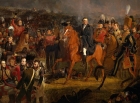
Assessing the Battle of Waterloo in the classroom
ArticleClick to view -

Basket weaving in Advanced level history...how to plan and teach the 100 year study
ArticleClick to view -

Big Stories and Big Pictures: Making Outlines and Overviews Interesting
ArticleClick to view -
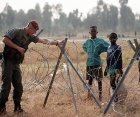
Bringing Rwanda into the classroom
ArticleClick to view -

Building an overview of the historic roots of antisemitism
ArticleClick to view -
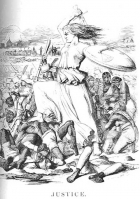
Building memory and meaning
ArticleClick to view -
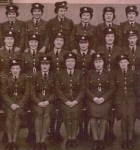
Community engagement in local history
ArticleClick to view -

Continuity in the treatment of mental health through time
ArticleClick to view -

Cunning Plan 163.1: GCSE Thematic study
ArticleClick to view -

Cunning Plan 179: using TV producers’ techniques to make the most effective use of retrieval practice
ArticleClick to view -

Cunning Plan 186: teaching Samurai Japan in Key Stage 3
ArticleClick to view -

Exploring big overviews through local depth
ArticleClick to view -

Finding voices in the past: exploring identity through the biography of a house
ArticleClick to view -
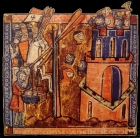
Getting medieval (and global) at Key Stage 3
ArticleClick to view -
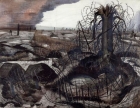
Helping Year 9 explore the cultural legacies of WW1
ArticleClick to view -
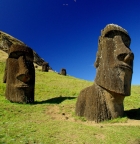
Historical Perspective & 'Big History'
ArticleClick to view

